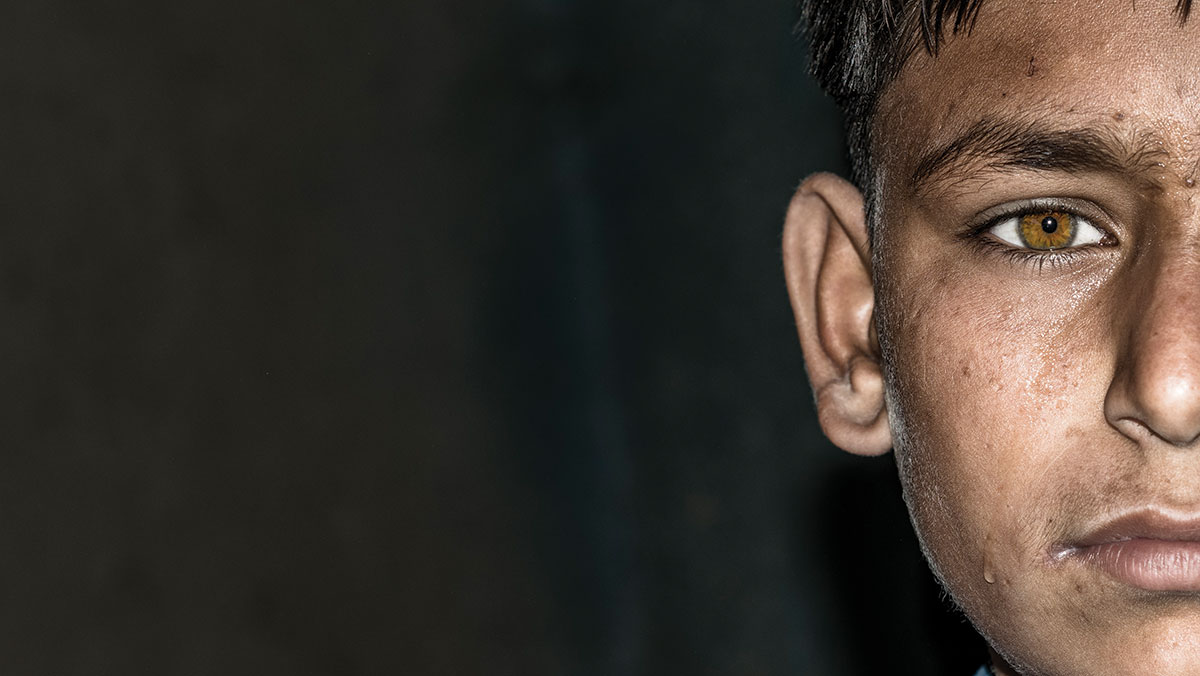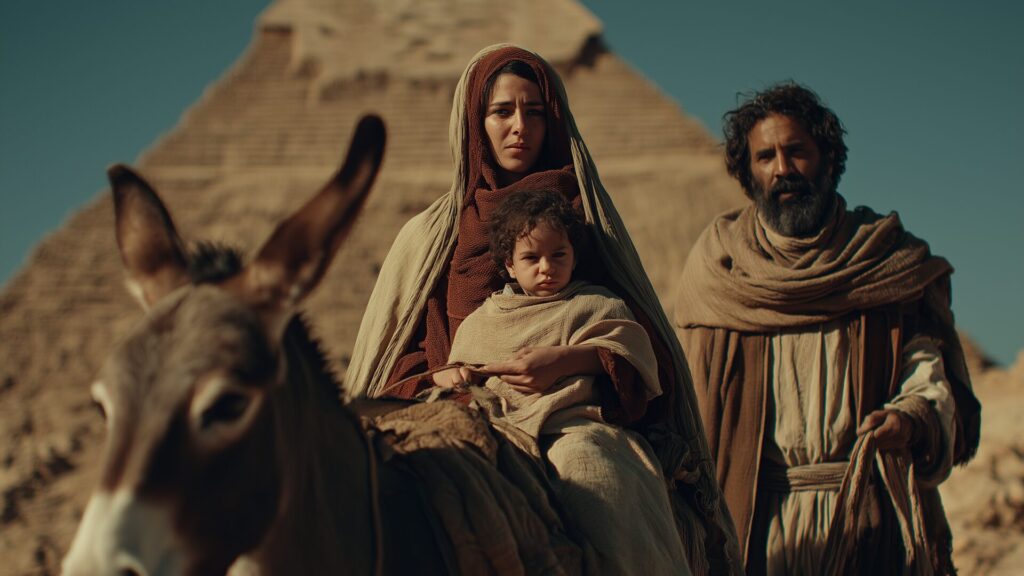Often when talking about justice, we instead start talking about injustice. After all, it’s often the injustice that catches our attention—whether a horrific headline, a political outrage, an unfolding disaster, or chronic problems such as poverty, inequality, violence, environmental degradation or economic exploitation.
But this is not where the Bible’s many calls to justice begin. Instead, the Bible’s story opens with a world created “good” for human beings created in the image of God. While theologians and philosophers have long debated what specifically about human beings reflects the divine image, in most traditions in Christian history, as well as in the world’s other monotheistic religions, this has been a foundational tenet of what it means to be human—and key to our ethical responsibility for how we act toward our fellow human beings.
What is appreciated and practised less often is how socially transformative, economically disruptive and politically challenging such an understanding of our human origins and value ought to be. Writing in the Washington Post earlier this year, columnist Michael Gerson highlighted the historical tensions between how faith has been used to diminish and to ennoble, to oppress and to liberate, to hurt and to help, but also how essential—and politically inconvenient—is this core formulation of human identity. “Christianity inevitably raises [this] question,” he reminds us. “What if everyone we favour, and everyone we fear, and everyone we help, and everyone we exploit, and everyone we love, and everyone we hate, were the reflected image of God—unique, valuable and destined for eternity?”1
To insist that all people are created in the image of God has dramatic political and practical implications. If we believe this foundational teaching of our faith in any meaningful way, much of what currently passes for political debate is simply unacceptable and unsustainable.
Putting it another way, Belinda Bauman describes this failure of belief as “the most significant barrier to empathy”—true concern for others—but also the foundation for the perpetuation of injustice and inequality in all their forms in our world: “the idea that some people matter more than others.”2 Of course, the reality is that some people do matter more than others—to us. We have a natural affinity for our family, friends and even community members, as we should, but we must also and always resist the temptation of assuming that others beyond our circles are of lesser value as human beings.
When we are assaulted with and near-overwhelmed by the cumulative weight of injustice, tragedy and suffering in our world, one of the ways we seek to protect ourselves is to give different weight to those who suffer. News media operates on this partial truth, employing a pyramid of proximity that assumes that the closer a story is to us, the more important it is. So a single death in our community is somehow equivalent to a few elsewhere in our nation, to a dozen in a country similar to ours, to hundreds somewhere that looks more foreign. We also allow ourselves to believe that people who don’t look like us don’t feel like us, hurt like us, or grieve like us.
Compounding this human tendency are those who would cynically or even hatefully exploit our fears and prejudices—our failures to love and live up to what we say we believe—for political purposes. As one unfortunate example, in recent years, Australia has contributed greatly to undermining the international framework for responding to refugees, asylum seekers and other displaced people, damage that we now see being played out in the rhetoric and harsh practices of more and more nations around the world. [pullquote]
This became such an issue in Australia, not because we were being overwhelmed by refugees, but because it was politically expedient. Belying the small number of people who have arrived in Australia on unregulated boats over the past two decades, this issue has been deployed politically to move the public conversation from that of a necessary and compassionate humanitarian response, to a dominant and divisive political debate. This political posturing has required the implementation and progressive escalation of a regime of mandatory and indefinite detention of even legitimate asylum seekers on remote Pacific islands, at great cost to Australia and great harm to many people already vulnerable and traumatised after having sought to escape danger and persecution in their countries of origin. And this shift has been observed, applauded and adopted by other political “leaders” and opportunists around the world.
While many people of faith in Australia have raised their voices in protest, it is also those politicians who have most professed Christianity who have overseen and implemented this inhumane policy. This public debate reached a new low last year when Australia’s Minister for Home Affairs urged that “Australians must guard against compassion towards refugees”—a statement that is deeply troubling in every way.3 A nation warned to “guard against compassion” is being led in profoundly unhealthy and dangerous ways.
So it is not hard to see why the Bible’s foundational teaching about what it means to be a human being is so politically confronting and challenging. It means that we cannot use people for political point-scoring or applaud those who do. It must change how we speak, how we vote and how we live. It insists that compassion must always be our first response (compare Matthew 9:36), even when we are tempted to fear. It demands that every person matters. It urges that the surest way to respect our Creator is to care for His creation, perhaps pre-eminently His human creation: “Those who oppress the poor insult their Maker, but helping the poor honours him” (Proverbs 14:31, NLT). It is the foundational way of understanding our world and our highest calling for living in it. It is the recognition that our best reflection of the image of God is living with generosity, creativity, courage and love.






